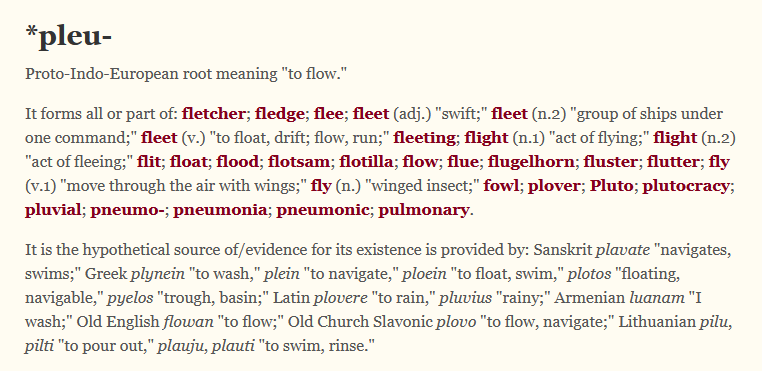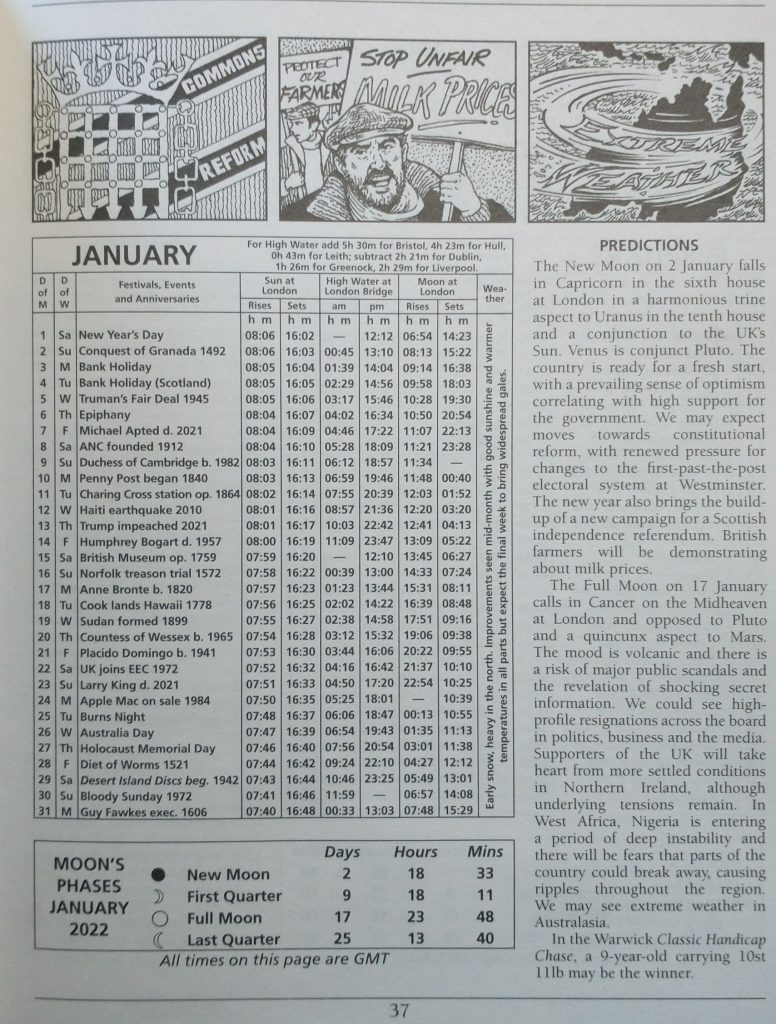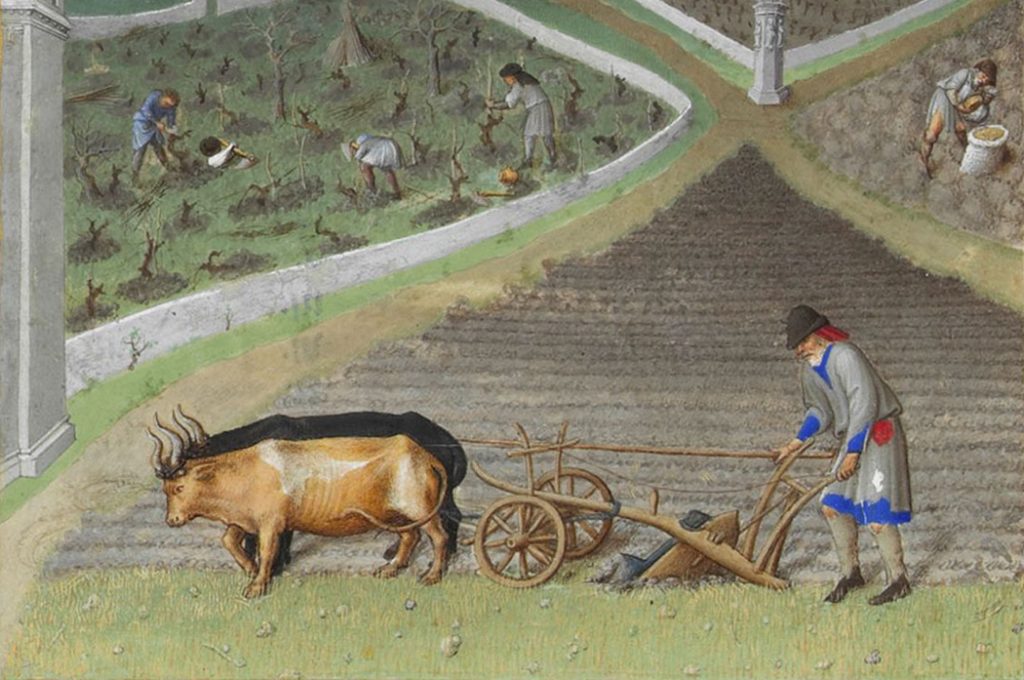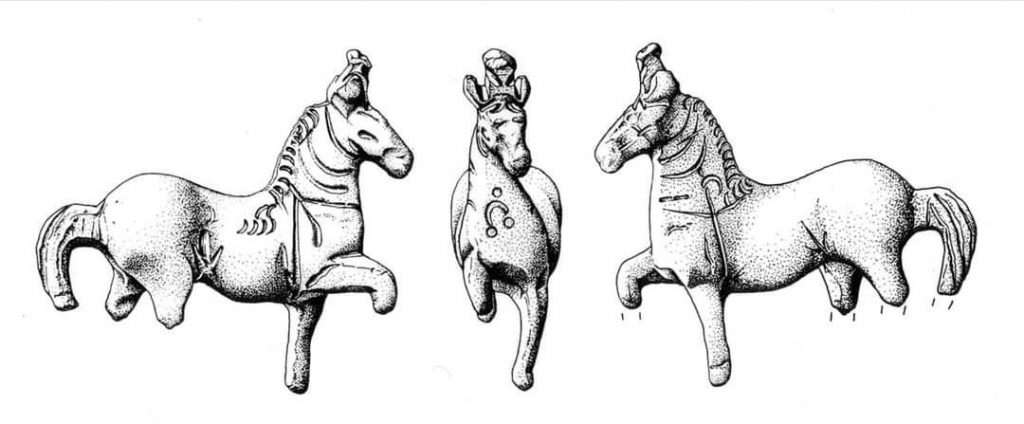
Richard Coates in a ground breaking article ‘A New Explanation Of The Name Of London’ Transactions Of The Philological Society Volume 96:2 (1998) Pgs 203 – 229 suggested the original name of London was Plowonida – or settlement by the wide flowing river. He deduces its name by comparing different versions of ‘London’ in different Celtic dialects and traces them back to what he believes is the common origin. This is the root *pleu meaning fleet flowing river, and onida which means ‘settlement by the’.
So, in the 2nd Millennia BC – the Bronze Age, there was a settlement by the flowing River. He thinks the Thames was the name for the river upstream of the Pool of London, and where it widened into an estuary it was called the Pleu. Etymonline.com says of the name Thames:
Thames – River through London, Old English Temese, from Latin Tamesis (51 B.C.E.), from British Tamesa, an ancient Celtic river name perhaps meaning “the dark one.” The -h- is unetymological (see th).
https://www.etymonline.com/word/thames
So, in the Bronze Age there must have been a small settlement probably in the area of the City or on the south bank in Southwark. It’s possible we have already found it in the occasional findings of post-holes, gullies, plough marks, brushwood platforms and burial mounds (particularly in Southwark) that have been found or we may be yet to find it. Or we may never find it. And if we do, unless it is significant in some way or has a signpost on it saying (“You are entering Plowonida”) we will never know.
Of course Coates may be wrong, but he is the most distinguished linguist of recent years to put his head about a dangerous parapet. Antiquarian journals were full of suggestions for the name of London. Previous suggestions include Lake Side Town, Lud’s Castle, Londinos’s settlement. None have survived scrutiny, and very few people were willing to make a guess after the late 70s, until 1998 and Richard Coates. However they all seem to accept that the name is pre-Roman in origin.
Archaeologists since the 1970s have been completely convinced there was no City before the arrival of the Romans. So, why bother finding the original name of a place that did not exist? However, last year in an excavation underneath Amazon’s new HQ, Principle Place, just north of Liverpool Street station, was found over 400 pieces of neolithic pottery, and evidence of extensive feasting. If you put this together with the burials found in the water margins of the River Thames, and the incredible finds of prestige metal objects: helmets, shields, swords, cauldrons, etc. from the River a case is beginning to be made (by David Keys in the Independent for example) that the area of the City of London might have been an important place for gatherings. So is it possible that the origins of London are as part of a ritual landscape?
If this is taken seriously it has a lot of implications for received opinion.
I discuss this and other issues in my Myths and Legends Guided Walks for London Walks. Click here to see the details











